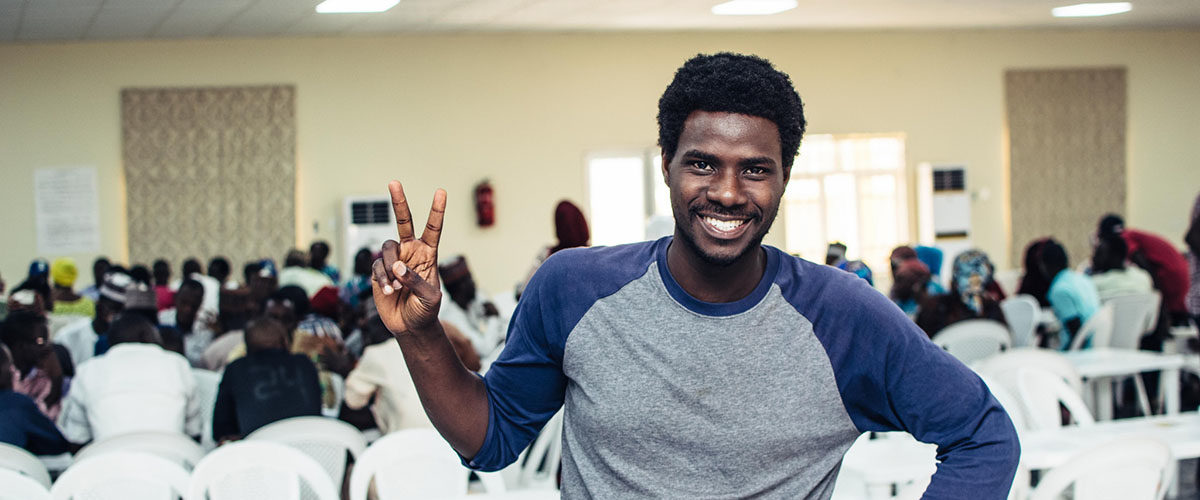So what’s the fuss about this #Opendata party in the South South of Nigeria – It will be held in one of the cleanest city in Africa – Calabar, and will be hosted in a state that has the most comforting tourist attraction in West Africa – the Obudu Mountain Resort! If you think there is another like it in the region, please comment below 😉 and one other thing about Calabar is the attributes to their women, and just for clarification – Calabar remains the capital city of Cross River State.
Right on time at the popular Mirage Hotel on October 15, 2014 was the Open data party that had 15 participants from different NGOs, citizens and this time we had some government officials – thus making it interesting. Whenever you have these three groups locked on a round table – questions like: why didn’t you make the data available, why didn’t you reply our FOIA, didn’t we make funding available for you to monitor, what happened to all the international aid you get, all come up, and as a facilitator – you are lost!
With my experience teaching data with NGOs, journalists and citizens, it is still clear that few of the practitioners know where even the little data available is hidden online. “It is appalling that we all here don’t know where the federal government budget is being published” affirmed Onoche Mokwunye. I get this answer often in all my sessions, which makes us conclude at times that the simple skill of finding data (secondary) itself and what their interest was in data, remains important.
In trying to figure out what kind of data they were interested in 40% of the participants were interested in budget data of the country; 30% were interested in contract data (in essence, the issue of money, and how it’s been used is important), while the remaining 30% was shared amongst election data, environmental data, infrastructure data, and transport data (which seems not to be available). Going forward did they really know where to find this data? KNOW! Well, it will be important to state that the Nigerian government has recently focused on some open data initiatives, even though it is not as if these portals make data available in machine readable format.
One may think, since we wouldn’t know where to find, or how to get the data, analyzing data might be a great challenge, of course NO! This group had great knowledge of diving into excel spreadsheets – maybe I knew only one way of handling some task before, now I learnt two more ways – that was the most interesting part of this data party! So what else, how do we present this datasets using several visualizations and infographic. “I have seen several colourful visualizations (online) that people in our communities cannot relate with, as such we still need to break it down in the language they will understand (offline) – maybe that’s an added task for us” explained Benny from AfterSchool Peer Mentoring Project
Just before the end of the sessions, participants already concluded to have another 2-day Open Data Party,, while they declared having step down training in their own communities. When our Open Data party ends within 8 hours, participants are at times heartbroken! “Are we going to continue tomorrow, I seem to be an information and skill overload in a short time” – mentioned Ndoma Mayor in a phone call with me. Truly, does our party end in 8 hours? What happens to the” party” behind Open data – we always rock the club, after all, we are in Calabar, where the female become goddess at night! And if you want to know where our next open data party will be happening: most definitely – Abuja, No thanks to Connected Development [CODE] and Indigo Trust UK
